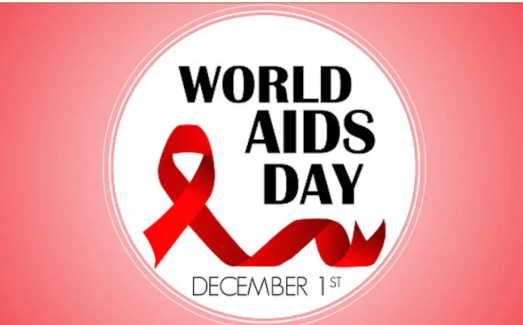By JKNewsMedia
EFFORTS TO curb HIV transmission in Nigeria highlight significant progress, but major challenges persist, particularly in addressing mother-to-child transmission.
The National Agency for the Control of AIDS (NACA) reports that 1.6 million of the two million Nigerians living with HIV are currently receiving treatment.
Speaking at a press conference in Abuja ahead of the 2024 World AIDS Day, NACA’s Director General, Dr Temitope Ilori, emphasised the urgency of eliminating HIV among children.
This year’s theme, “Take the Right Path: Sustain HIV Response, Stop HIV Among Children, and End AIDS in Nigeria by 2030,” prioritises sustained action and ownership of the response.
Ilori revealed that Nigeria’s HIV prevalence stands at 1.4% among individuals aged 15–64. However, prevention of mother-to-child transmission remains low, with coverage below 33%, far from the 95% global target.
UNAIDS data for 2023 indicates 160,000 children aged 0–14 are living with HIV, with 22,000 new infections and 15,000 AIDS-related deaths annually.
To address this, NACA adopted the Global Alliance Action Plan in 2021, aiming to end AIDS in children. Despite this fully resourced plan, implementation has lagged.
In response, the Minister of Health, Prof Muhammad Pate, recently established a national-level committee to fast-track progress.
Advocacy has extended to states, with committees launched to localise the initiative.
Dr Ilori highlighted NACA’s work with stakeholders to create a sustainability roadmap ensuring the HIV response continues even if donor support wanes.
“This roadmap is vital to safeguarding Nigeria’s health system against HIV and related diseases,” she stated.
Ilori also urged collective action, calling for greater societal and governmental involvement.
“We must empower women and vulnerable populations to access life-saving services,” she said, reiterating NACA’s vision of an AIDS-free Nigeria by 2030.
Country Director of UNAIDS, Leo Zekeng, stressed the need for political will and increased domestic funding.
“Sustainability means committing resources from both government and the private sector,” he remarked.
The Institute of Virology Nigeria’s Chief Executive Officer (CEO), Dr Patrick Dakum, advocated for innovative approaches and sustained investment to tackle emerging challenges.
As the 2024 World AIDS Day approaches, stakeholders agree that collective action and renewed commitment are essential for ending AIDS in Nigeria.





